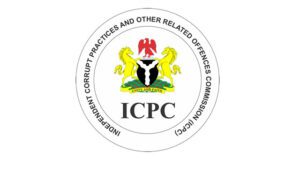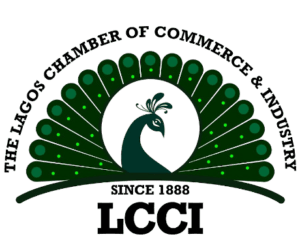
Period poverty: NGO commences nationwide distribution of sanitary pads to less privileged girls
Fore front youth education group, Jewels of Africa Foundations Inc, a San Francisco, California based non-profit organization has kicked off a nationwide Sanitary Health & Wellness Outreach across the 36 States of the Federation.
The organisation in its intervention, it was gathered, would be supplying free sanitary pads to 4,000 girls each month to the 36 States in Nigeria.
It was gathered that at the end of the programme no less than 48,000 pads would have been distributed nationwide.
Globally, 500 million girls and women lack access to menstrual products and hygiene facilities.
According to The United Nations Children’s Fund (UNICEF) survey, due to lack of access to sanitary products, 37% of menstruators in Nigeria do not use sanitary pads.
Those who did not have access to menstrual products rely heavily on pieces of blanket, toilet papers and old rags.
“We’re embarking on this new initiative to support our young girls in underserved regions of the country where menstrual health and period poverty is an endemic often overlooked.
“With this initiative, JOA will be focusing on one state each month to supply free sanitary pads to 4,000 girls each month,” Lara Gureje-Oderinde, President & Founder of Jewels of Africa Foundations Inc (JOA) said.
“This is our 10th year of operations in Nigeria, operating in seven states – Lagos, Ogun, Oyo, Osun, Ekiti, Ondo and Delta State. With this new initiative, we’re expanding our initiatives to the 36 states of the country, making sure no child is left behind in our crusade to empower and equip the future generation to thrive and compete with their peers around the world. We currently operate in both Nigeria & Ghana,” she added.
Jewels of Africa Foundations Inc. is a San Francisco, California based non-profit engaged in the education transformation of Africa.
It’s focus is on functional education for underprivileged youths (middle & high school students) in West Africa with scholarships, educational enrichment programs and teaching aids for public schools (Teachers and Students).
A number of problems have been identified to contribute to Period Poverty. Among them are lack of access to information about menstruation, life changes, and hygiene practices; lack of the ability for self-care during menstruation; lack of access to water, sanitation, and hygiene services.
Also are lack of the ability to receive a diagnosis for menstrual cycle disorders and access to healthcare; lack of a positive, supportive environment in which to make informed decisions about menstruation and also lack of the ability to participate in all aspects of life, such as going to school.



